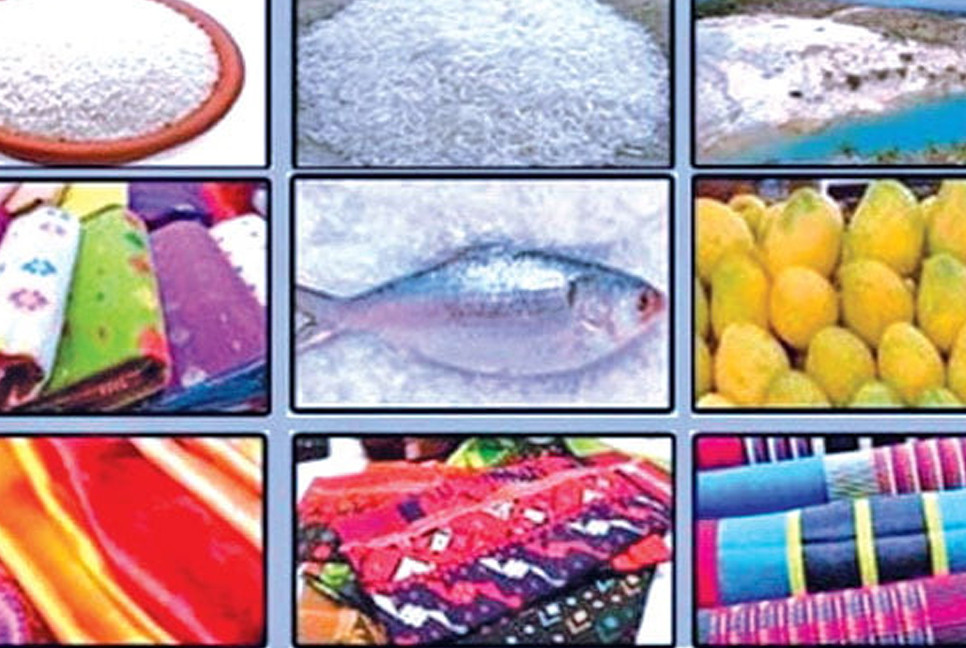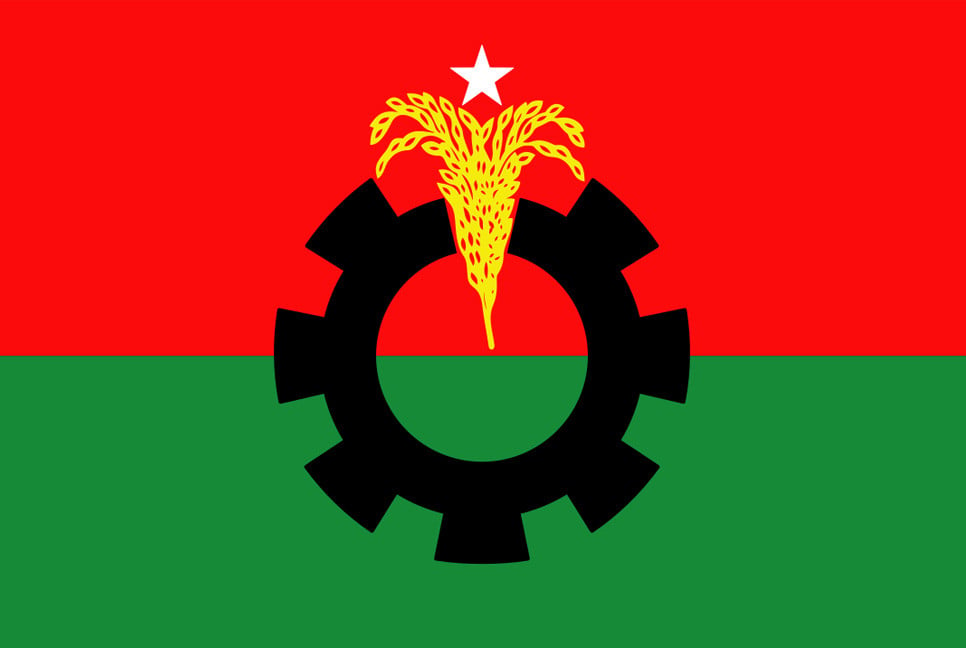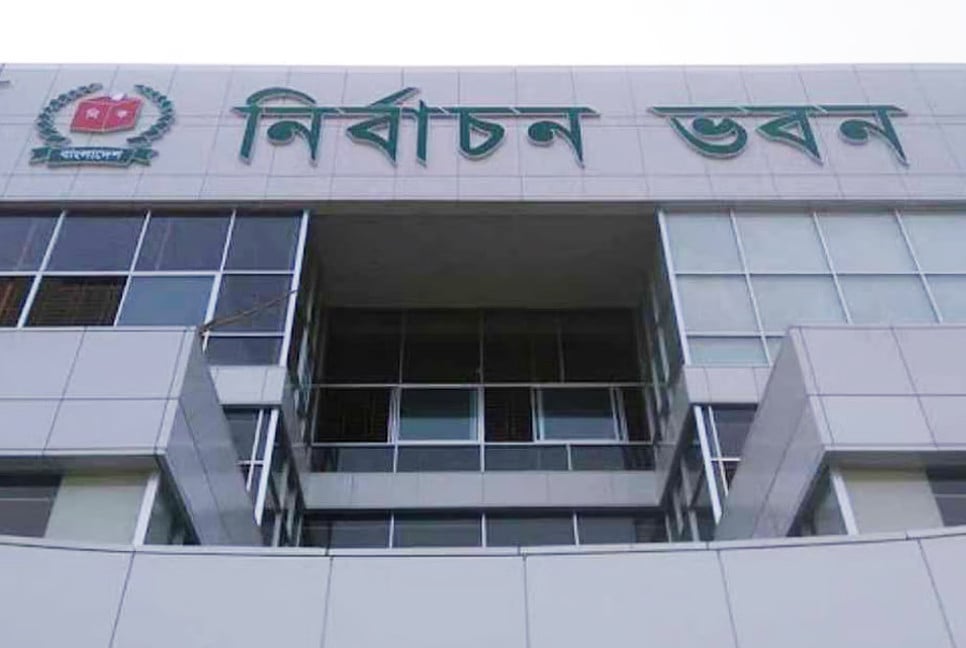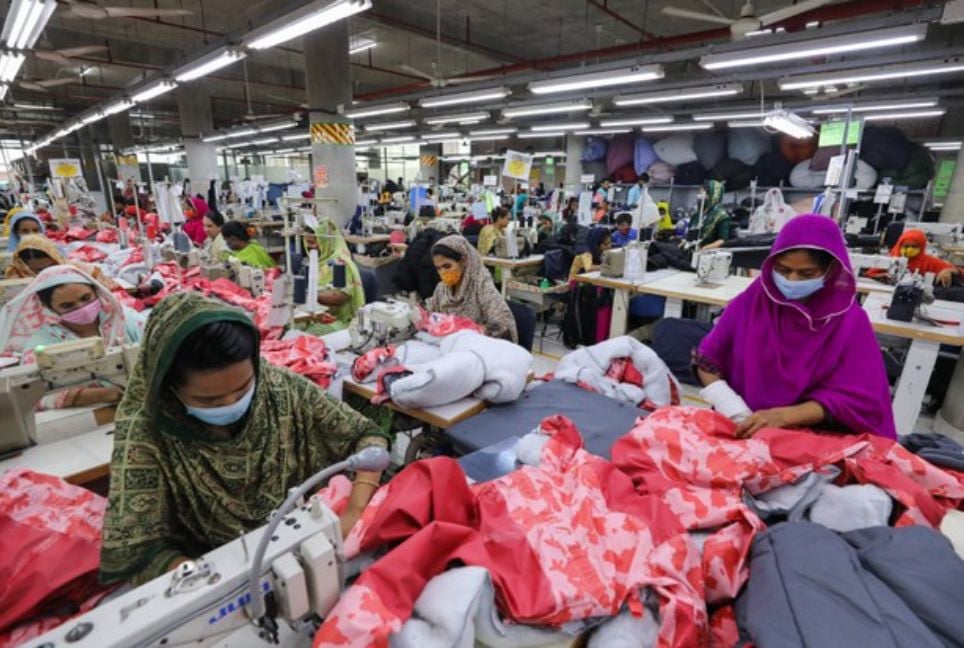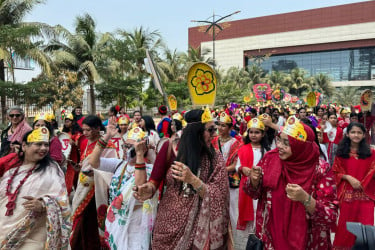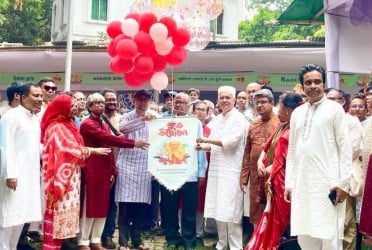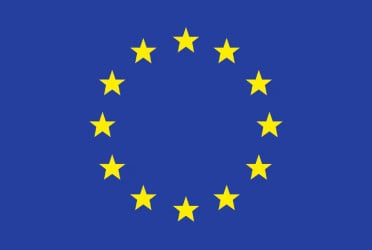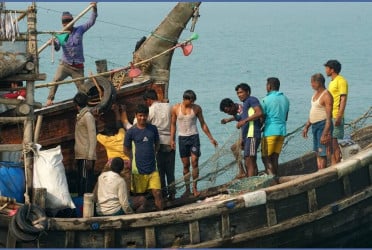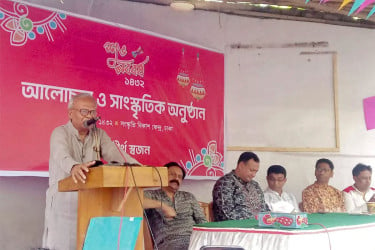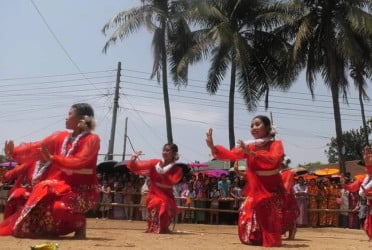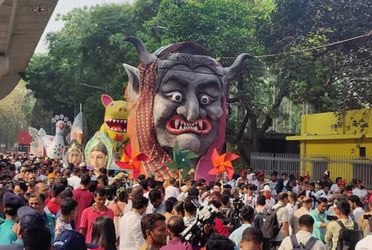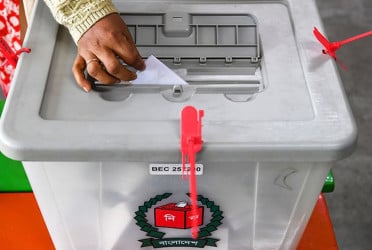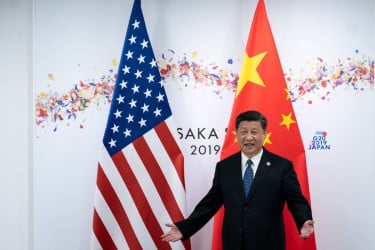Many countries in the world have secured big income by branding and exporting their traditional products that marked their geographical Indication (GI). However, Bangladesh is lagging behind in GI registration and branding despite having plentiful diversified foods, culture, agro products and natural resources. Where the neighboring India has taken the GI registration of around 650 products, Bangladesh has secured GI registration of only 43. In addition, there was allegation that India has registered their ownership of many famous and traditional products which were originally belonged to Bangladesh. Even, India has claimed the Sharee of Tangail as their GI product and the matter was brought to the court for settlement.
According to the concerned, Bangladesh has lost GI rights to many of its traditional products due to lack of awareness and slow-moving policies of the government. Later Bangladesh also listed the products as GI in compliance with the World Intellectual Property Organization (WIPO) Act. But India is in an advantageous position to be listed earlier. They have already branded the products as their own products and are doing business worldwide. They launched a company called GI Tagged in 2016 to increase the number of GI products as well as make it easy to get these products on one platform. Currently, the country's recognized products are available at gitag.com. There is no such initiative in Bangladesh.
According to sources, 60% of Sundarbans honey is produced in the Bangladeshi part. However, in January this year, India declared it as their GI product. Later, when the Sundarbans honey was presented as India's GI product at a World Intellectual Property Organization (WIPO) conference, there was widespread criticism in the country. At one stage, Bangladesh also declared Sundarbans honey as a GI product. However, Bagerhat District Administrator sent an application to Dhaka to make Sundarbans honey a GI product in 2017. Currently, India has GI registration for many products including the famous Fajli mango, Rasgolla, Nakshikantha, Govindbhog rice, Lakshmanbhog mango, Himsagar mango, Royal Bengal Tiger, Jamdani sari, Moa etc. Later Bangladesh also GI listed many of these products. However, whether these are actually GI products of any country is still unsettled.
Why GI registration is important: The prices of GI products are high and tourists are also interested in these products and buy them at high prices, said Professor of Marketing Department of Dhaka University Md. Mizanur Rahman.
He told The Bangladesh Pratidin, “GI registration is very important in terms of branding exports. GI products are always priced higher because they are brands. Tourists want to buy traditional products from the original source even if they go somewhere. That's why they don't hesitate to spend more money. The producer also gets a higher price.”
“For example, a shirt made of the same fabric in the same garment costs Tk 500, and another costs Tk 3,000. Putting on the tag of a world famous brand increases the price several times. Producers also benefit from having GI rights. For an instance, if someone produces and sells Coca-Cola in Bangladesh, the American company has to pay royalties due to ownership. Registration of GI prevents our products from being claimed by others. India has GI registered many of our products including honey. Now if they buy all those products from us and sell them at higher prices as their GI products, there is nothing to do. They couldn't have done it if we owned it. Those who can register GI earlier will benefit in many ways. If a country violates the rules and registers the GI products of another country, it has the opportunity to appeal to the international court. But this process is complicated.”
According to the World Intellectual Property Organization (WIPO), GI indicates the origin and identity of a product. Even if an individual or group learns the preparation method of Kachagolla from Natore and manufactures this confection elsewhere, it is an E-GI product of Natore. If the same product is produced by more than one country, the country that produces the most, the country in which the product is most popular, will have priority to get the rights to that product. Apart from this, climate, quality of soil, water, skills of artisans, geographical quality, culture of the people in a particular area of a country, various features particularly helpful for the production of that product will be helpful in getting the GI certificate for that product. Many people pay more attention to the source of products while buying them. Therefore, the importance of GI products in global trade is very high.
What the relevant office says: The World Intellectual Property Organization (WIPO) takes care of intellectual property and GI related matters in the world. The Directorate of Patents, Designs and Trademarks (DPDT) grants GI registration in Bangladesh as per the rules of the organization. Director General of the organization Munim Hasan told The Bangladesh Pratidin, “Before 2013, we did not have the Geographical Indication Products (Registration and Protection) Act. In India, they have GI listed many of our products. Our first GI product is the Jamdani Saree. India also has GI called 'Upadha Jamdani'. Jamdani saree is a product of our community. We have asked BCIC to take initiative in this matter so that we have sole ownership of it. However, we didn’t get any feedback yet. Apart from this, Tangail is the name of one of our areas. This saree has no chance of being recognized as GI of India. I have filed a case in Madras Court of India in this regard. I have also appointed a lawyer. We are campaigning to increase GI registration. I am writing to the District Commissioner and Divisional Commissioners. We have collected a list of over 500 products that can be GI registered through them. We’re hopeful that more products will get GI registration soon.”
(Translated by Lutful Hoque)

